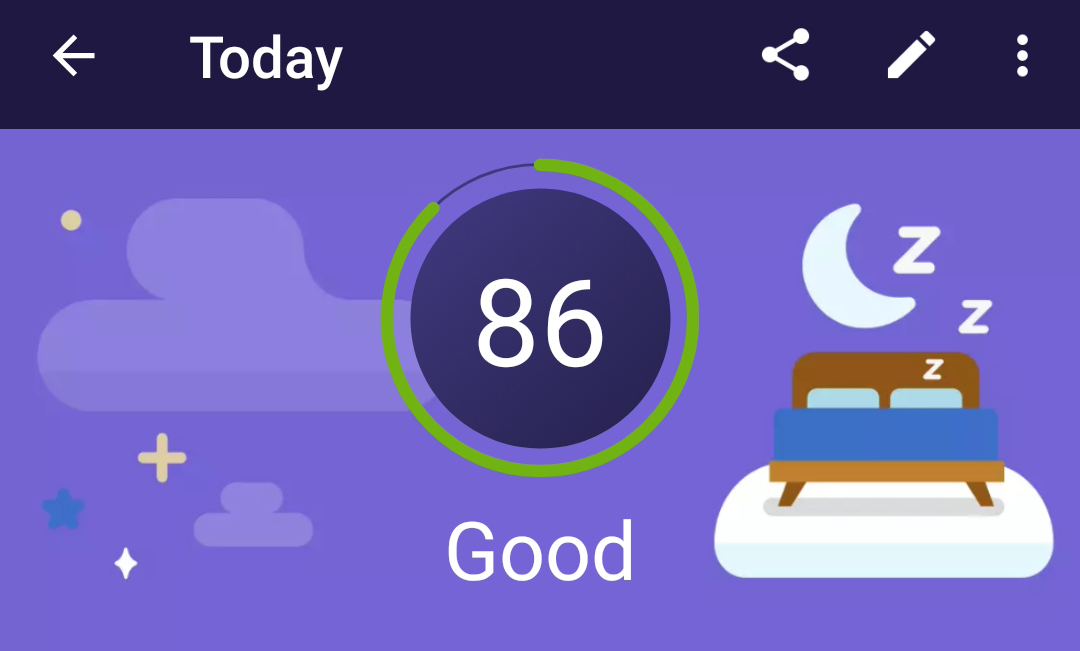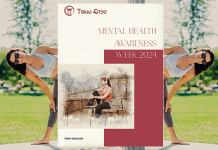Sleeping Patterns
We are living in very strange times forcing us to adjust to new daily routines. One of the specific areas of impact is our sleeping patterns which are now more irregular than ever before due to the lockdown, working from home and no longer having to commute to work.
We all have evenings when we find it hard to fall asleep or find ourselves waking up in the night. How we sleep and how much sleep we need is different for all of us and changes as we get older.
The main thing to note is longer stretches of bad sleep can start to affect our lives. It can cause extreme tiredness and make usually manageable tasks harder and over time we may experience insomnia. Insomnia can last for months or even years, but usually improves if we change your sleeping habits.
Fitbit my game changer
Sleep has always been a concern of mine due to working globally and changing my working pattern to stretch across several time zones. In addition, my commute at times has also been long and impacted by delays and strikes where my travel would have amounted to five hours in a day.
I started practicing mindfulness and meditation to address the lack of sleep and to understand more about the “self” from a psychology perspective. From a psychology perspective we have had many leaders state how they only have four to five hours sleep and entrepreneurs suggest that time is money and you can’t make money while sleeping.
Having purchased several low-cost devices to measure the breath and blood pressure my daughter Paris suggested purchasing a Fitbit to align my sleeping pattern. The Fitbit is a game changer for those that are considering improving their wellbing with regards to improving their sleep patterns and addressing stress and anxiety.
I have shared the following points from a Fitbit blog written in 2017 but highlights the references to sleep.
Deep sleep is important
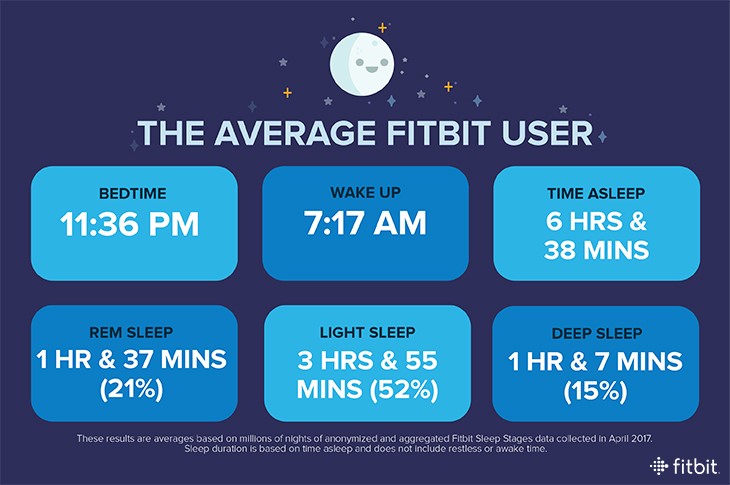
Fitbit data confirms that sleeping 7 to 8 hours gives you the highest combined percentage of deep and REM sleep. In fact, 7.5 hours of sleep is the point at which you typically start getting less percentage of REM and more light sleep.
People who sleep 5 hours or less a night deprive their body of the opportunity to get enough deep sleep, which occurs near the beginning of the night. Deep sleep is important for many physical processes such as cell regeneration, human growth hormone secretion, and feeling refreshed.
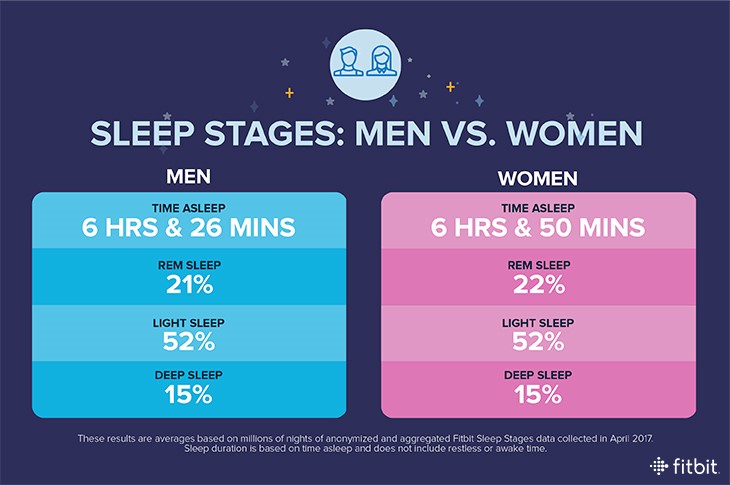
Fitbit data shows waking up earlier than usual is what impacts REM sleep, which occurs more at the end of the night. Not getting enough REM sleep can negatively impact your short-term memory, cell regeneration, and mood.
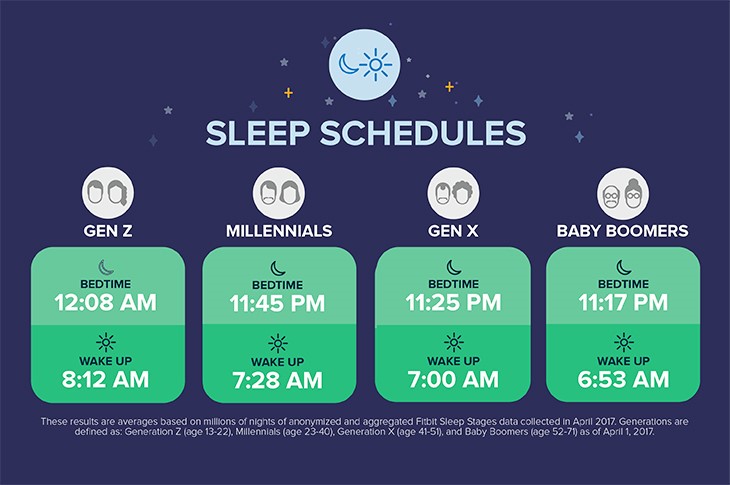
Light sleep seems to act as a filler: You get more when you log less than 7 hours or more than 9 hours of sleep a night. And that’s not necessarily a bad thing—a lot of body maintenance happens during light sleep. Generation Z goes to sleep the latest, but they sleep longer, putting their nightly average of total hours asleep on top. Baby Boomers sleep the least, averaging 6 hours and 33 minutes per night.
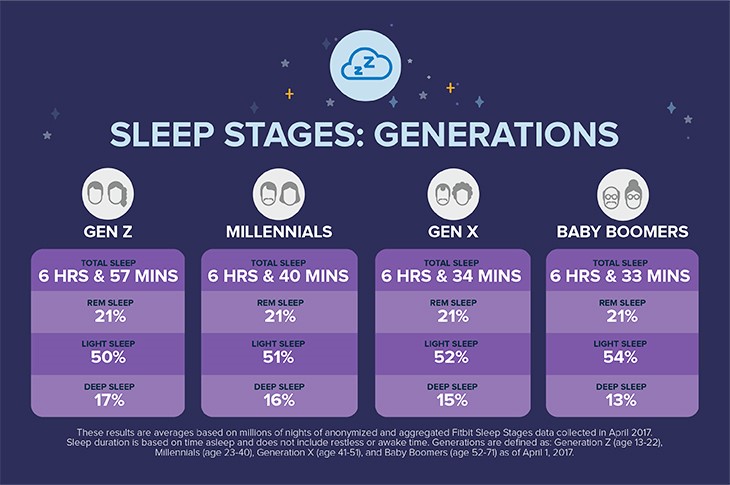
REM and light sleep stay pretty stable throughout a person’s lifetime but deep sleep takes a hit, decreasing from an average of 17 percent at age 20 to 12 percent at age 70.
In summary
In summary to improve your health and wellbeing during these challenging times and after focus on your deep sleep using meditation, exercise and the Fitbit relax app.
Life-Balance – Wellbeing – Life-Empowerment
“A healthier life for busy lives”

